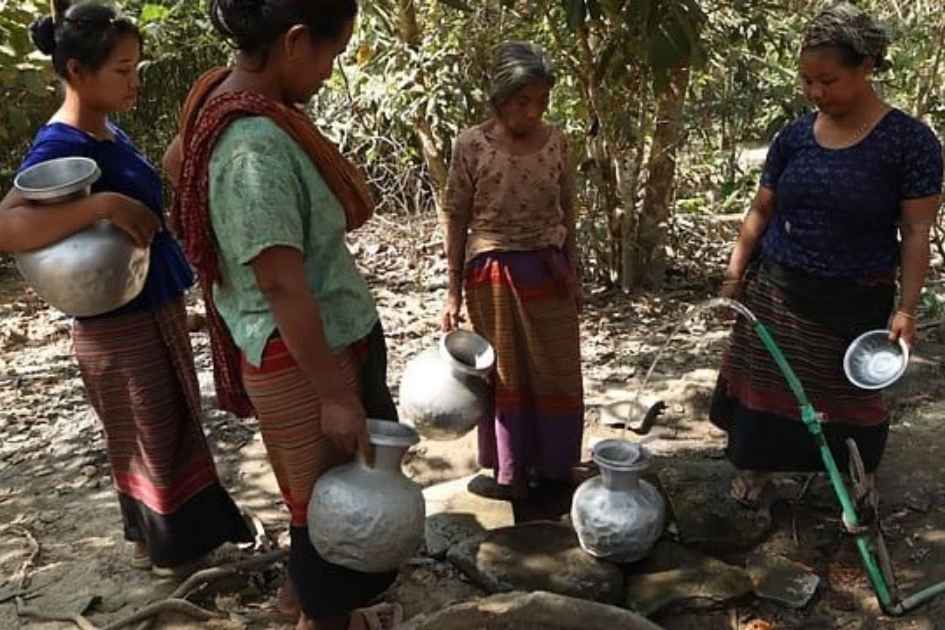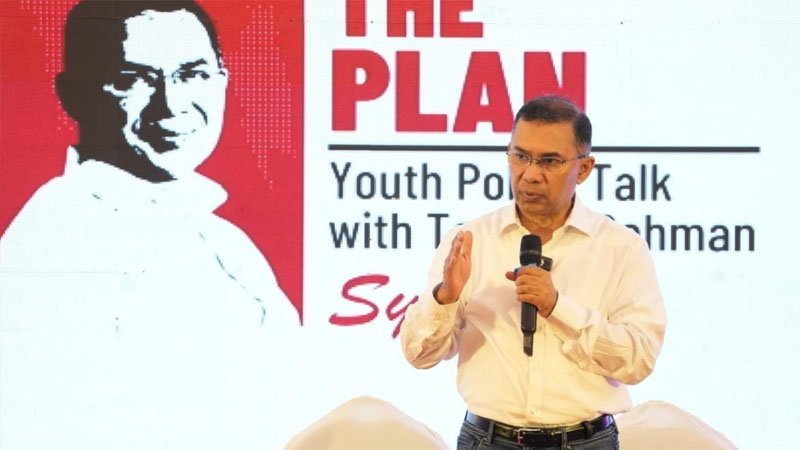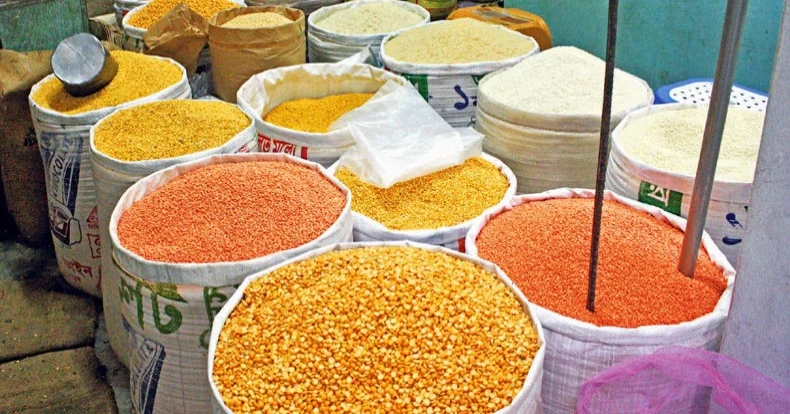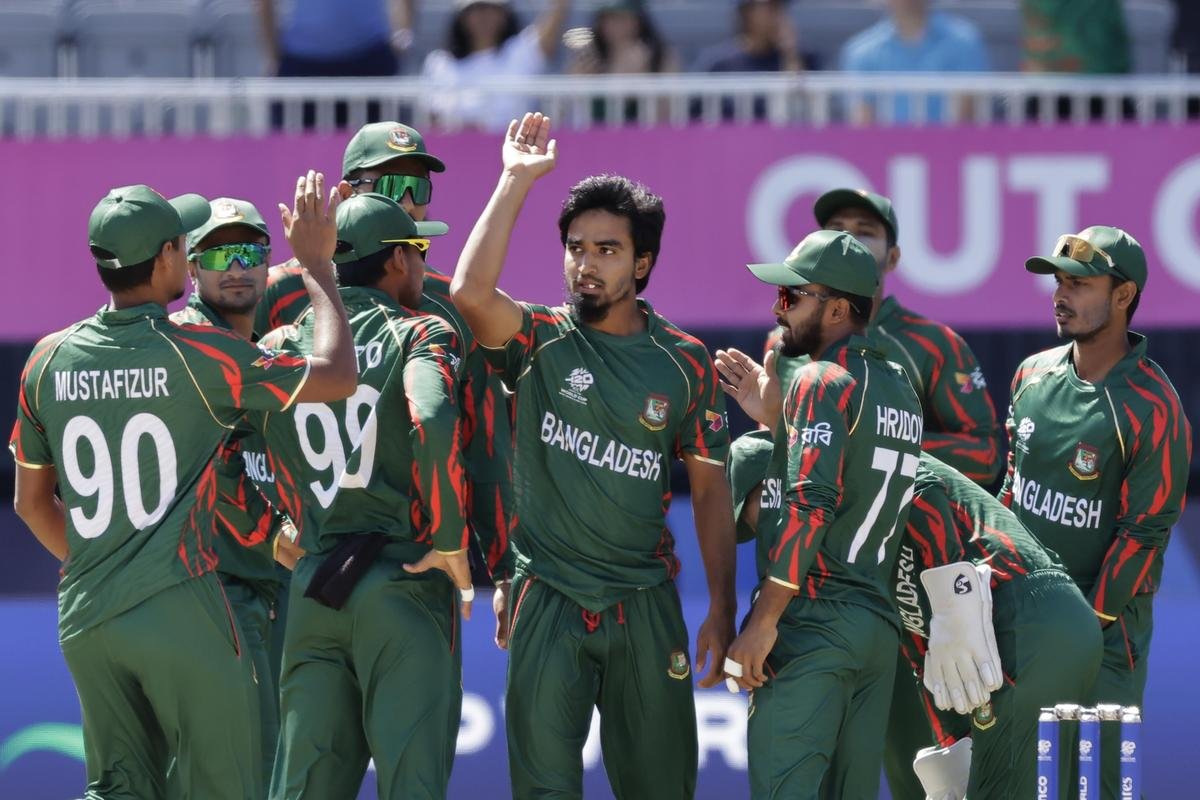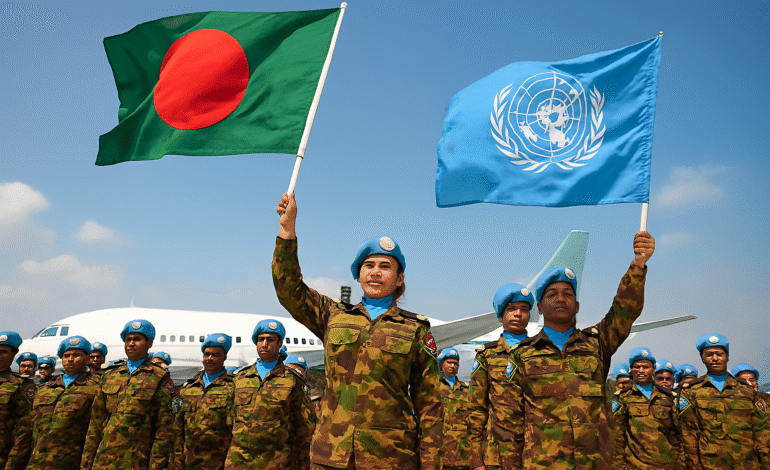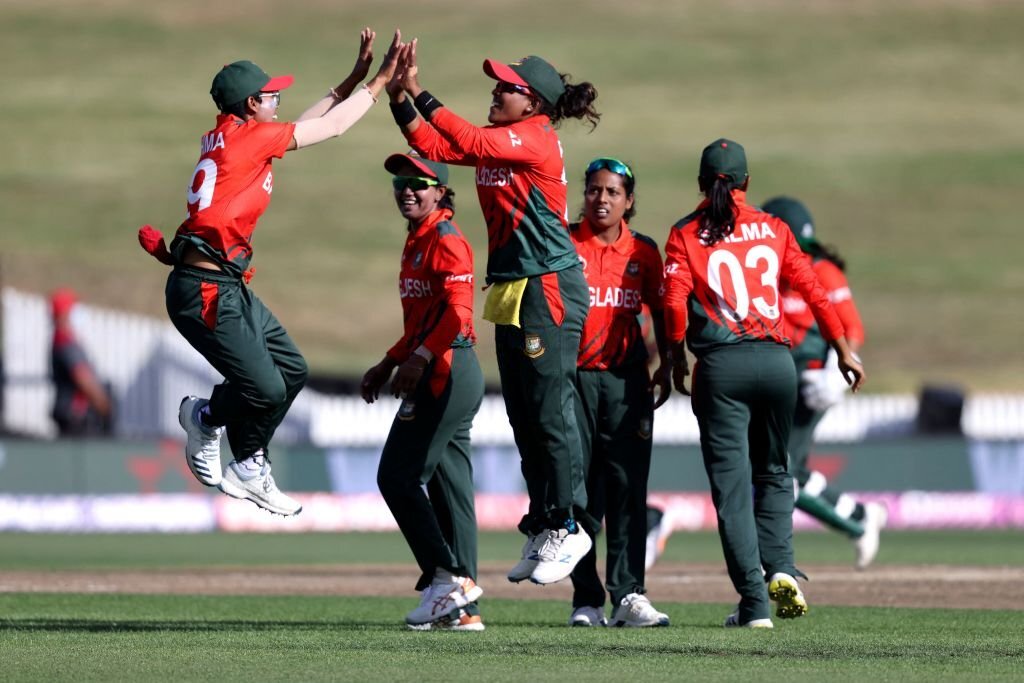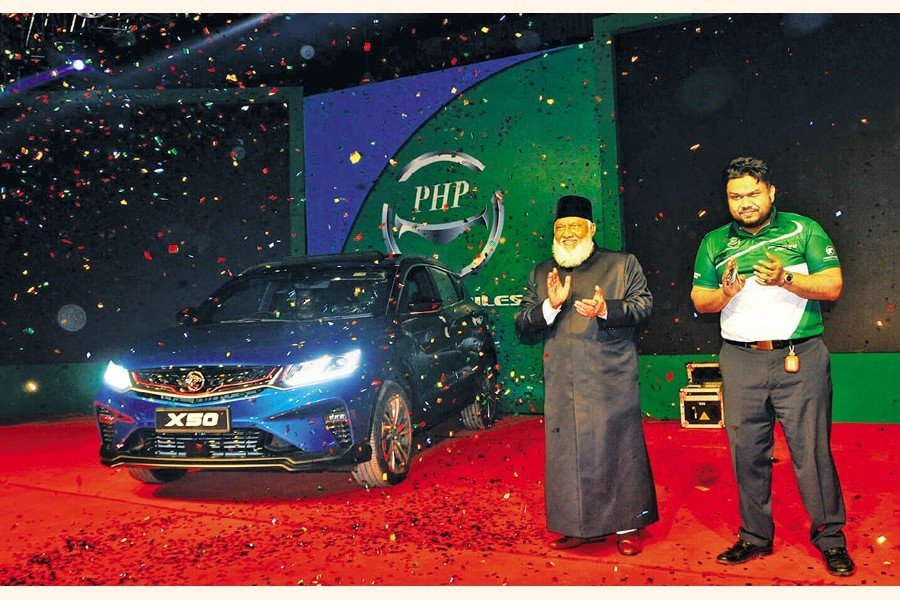Bangladesh Blue Helmets in Action
Bangladesh Blue Helmets have once again stepped onto the global stage. On August 26, 2025, a fresh contingent of 180 police officers left Dhaka for the Democratic Republic of Congo. Their mission is to serve under the United Nations Organization Stabilization Mission in the Democratic Republic of Congo, better known as MONUSCO. This proud deployment demonstrates Bangladesh’s continuous commitment to global peacekeeping, human rights, and international solidarity.
Among the officers, 70 are women. Their inclusion highlights Bangladesh’s leadership in promoting gender equality within global peace efforts. Led by Superintendent of Police Jannat Afroz, the contingent reflects a blend of experience, dedication, and professionalism. The mission goes beyond policing. It is about protecting civilians, stabilizing conflict zones, and supporting communities devastated by violence.
The Departure from Dhaka
The departure of the Bangladesh Blue Helmets was marked with dignity and national pride. The officers boarded a chartered plane from Hazrat Shahjalal International Airport at 12:41 AM. Their destination was Kinshasa, the capital of Congo.
This journey was not just a flight. It symbolized Bangladesh’s rising role as a peacekeeping giant. Each officer carried not only personal duty but also the weight of Bangladesh’s reputation as one of the world’s top contributors to UN peacekeeping missions.
What MONUSCO Represents
MONUSCO, one of the largest and most complex UN peacekeeping operations, was established to stabilize Congo after decades of conflict. The mission focuses on civilian protection, disarmament of armed groups, and reintegration of ex-combatants into society.
The Bangladesh Blue Helmets are deployed as part of a Formed Police Unit (FPU). Unlike individual officers, FPUs function as cohesive teams capable of rapid response to crises. They are trained to manage riots, protect UN personnel, and ensure security during humanitarian operations.
This structured approach allows the Bangladeshi contingent to bring discipline and effectiveness to volatile regions in Congo.
Bangladesh Blue Helmets and Their Legacy
The history of Bangladesh Blue Helmets in peacekeeping began in 1989 with Namibia. Since then, Bangladesh has grown into one of the largest contributors of peacekeepers worldwide. Police contingents first arrived in Congo in 2005. Female officers joined the mission in 2011, marking a milestone in inclusivity.
To date, over 21,816 Bangladeshi police officers have served in UN peacekeeping operations. Among them, 75 were women, whose roles have been critical in engaging with communities and supporting survivors of gender-based violence.
This deployment continues that legacy, proving once more that Bangladesh Blue Helmets are a trusted force in fragile regions across the globe.
Women Leading Peace: A Stronger Role for Female Officers
The presence of 70 female officers in the current contingent is not only symbolic but practical. In regions like Congo, where women often suffer from systemic violence, female peacekeepers play a unique role. They help build trust, especially among women and children.
Female Bangladesh Blue Helmets also participate in community policing, offering reassurance and support where male officers may not have access. Their involvement helps combat gender-based violence, provides emotional support, and encourages local women to engage with security forces.
This gender-inclusive model has placed Bangladesh at the forefront of progressive peacekeeping.
Global Significance of Bangladesh Blue Helmets
Bangladesh consistently ranks among the top contributors to UN peacekeeping. This commitment has earned the country respect in international forums and strengthened diplomatic ties.
The Bangladesh Blue Helmets not only serve as peace enforcers but also as goodwill ambassadors. They represent Bangladesh’s dedication to global justice, fairness, and humanitarian principles.
Moreover, their presence in Congo boosts the credibility of UN peacekeeping missions, which often face challenges in regions of prolonged conflict.
Training and Preparation of the Contingent
Before deployment, the Bangladesh Blue Helmets undergo rigorous training. This includes riot control, conflict de-escalation, negotiation, and humanitarian coordination. Officers also receive cultural sensitivity training to help them better understand the communities they serve.
Their preparation ensures that they can operate in hostile environments with professionalism and empathy. The FPU structure enhances their ability to act quickly and efficiently in the face of sudden threats.
Bangladesh Blue Helmets in Congo: Challenges Ahead
Congo remains one of the most unstable countries in Africa. Armed groups continue to threaten civilians, and the humanitarian crisis is severe. The Bangladesh Blue Helmets must face these realities.
Their duties will include protecting civilians, securing refugee camps, and supporting local police. They will also play a role in disarmament programs, helping ex-combatants reintegrate into society.
Despite the challenges, Bangladesh has proven time and again that its peacekeepers can rise to the occasion.
Why Bangladesh’s Role Matters Globally
Bangladesh’s contribution is not just about numbers. It is about values. By sending the Blue Helmets, Bangladesh reinforces its commitment to global solidarity and peace.
The UN recognizes Bangladesh’s reliability and dedication. This has strengthened Bangladesh’s image on the world stage, bringing both prestige and diplomatic advantages.
In a world where conflicts are growing, the role of peacekeepers is more important than ever. The Bangladesh Blue Helmets stand as a symbol of resilience and hope.
Bangladesh Blue Helmets: Looking to the Future
The 2025 deployment to Congo adds a new chapter to Bangladesh’s peacekeeping story. With every mission, the Bangladesh Blue Helmets gain more experience and recognition.
This continuous involvement also inspires the next generation of police officers in Bangladesh. It sends a message that service is not limited to national borders but extends to humanity at large.
Looking ahead, Bangladesh is expected to expand its peacekeeping footprint even further. With more training, resources, and international support, the Blue Helmets will continue to be a key pillar of UN operations worldwide.
Bangladesh Blue Helmets Carrying the Flag of Peace
The departure of 180 Bangladesh Blue Helmets to Congo is more than just another mission. It reflects Bangladesh’s global commitment to justice, equality, and peace. With women playing an integral role, the mission also symbolizes inclusivity and progress.
Bangladesh has proven to be more than just a participant. It is a leader in global peacekeeping. As the Bangladesh Blue Helmets serve under the UN flag in Congo, they carry not only their nation’s pride but also the hopes of countless communities longing for peace.
